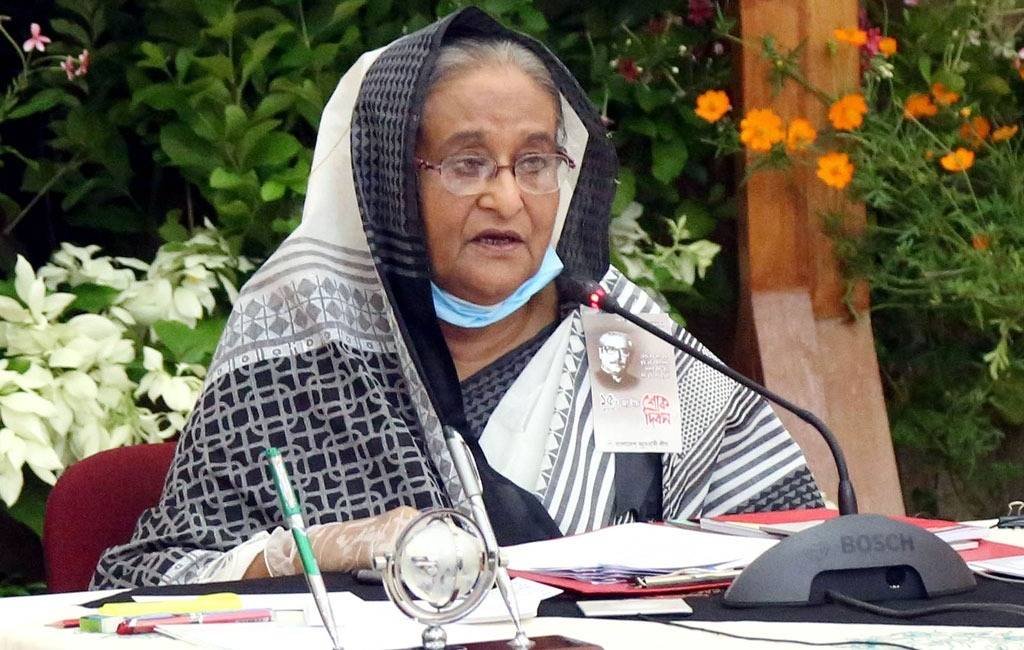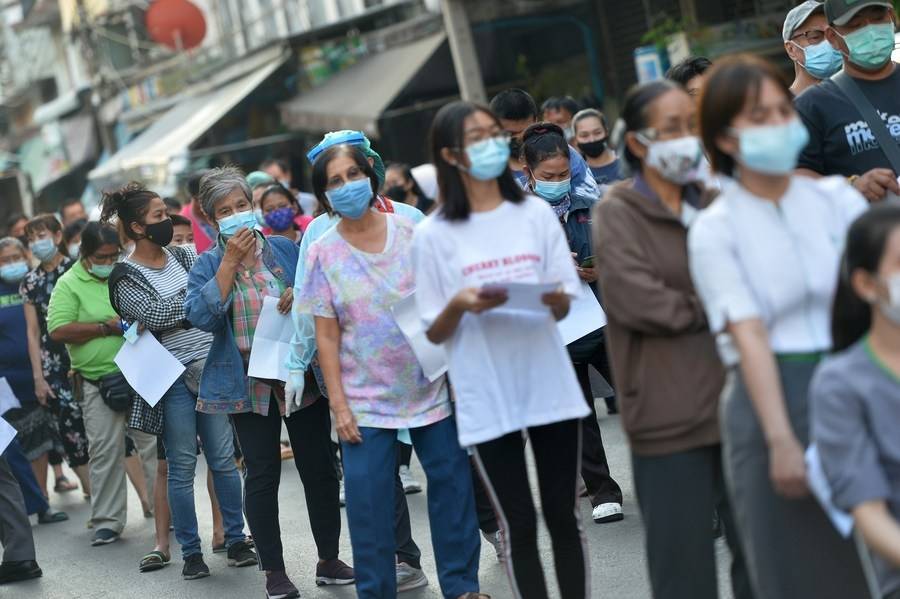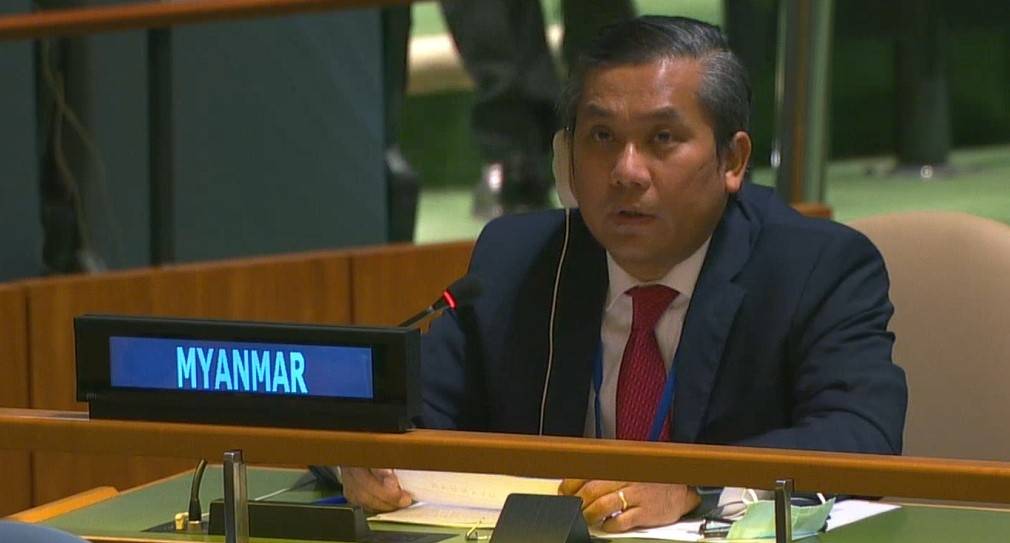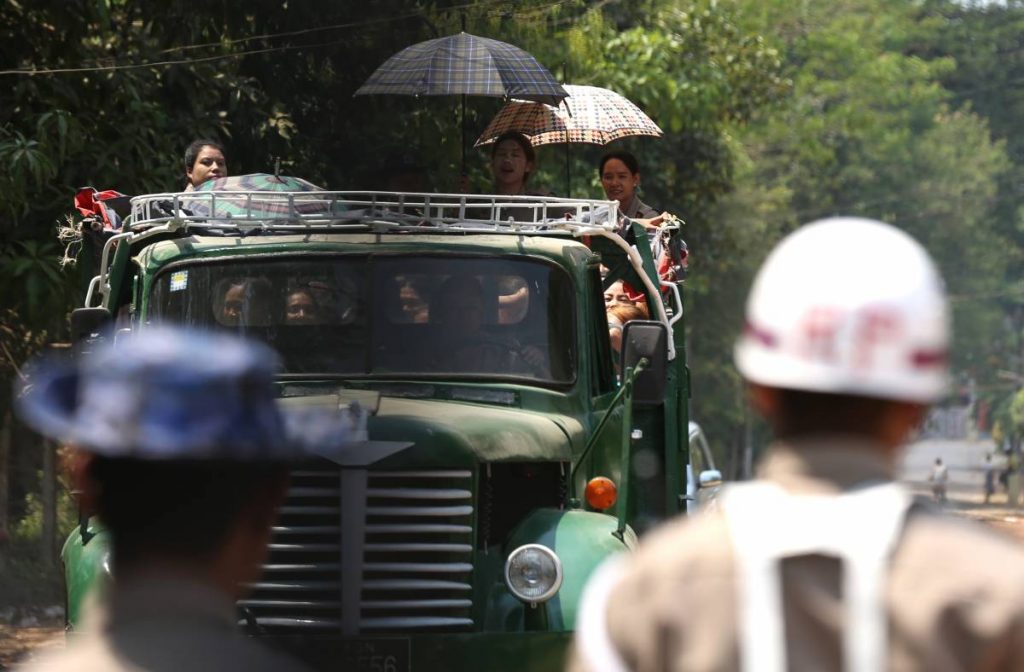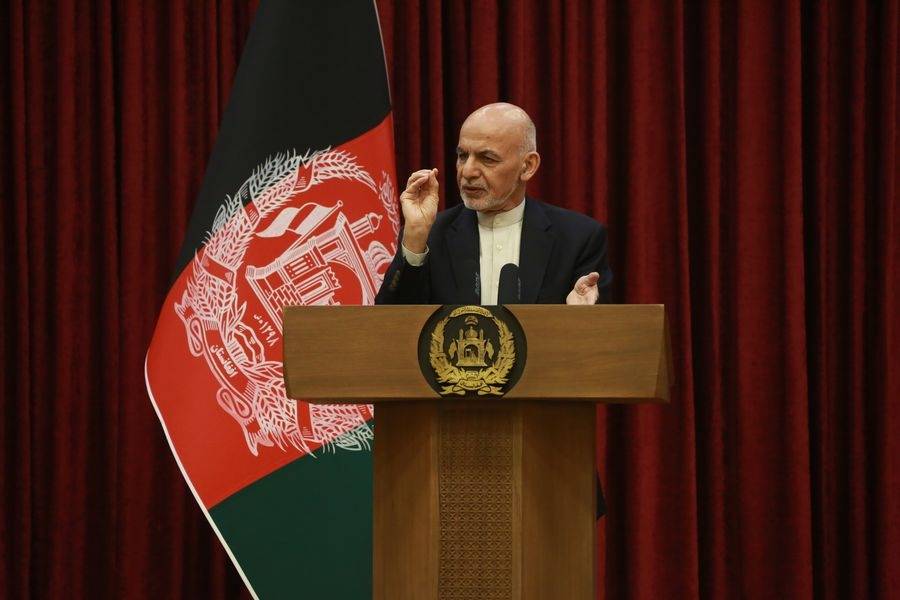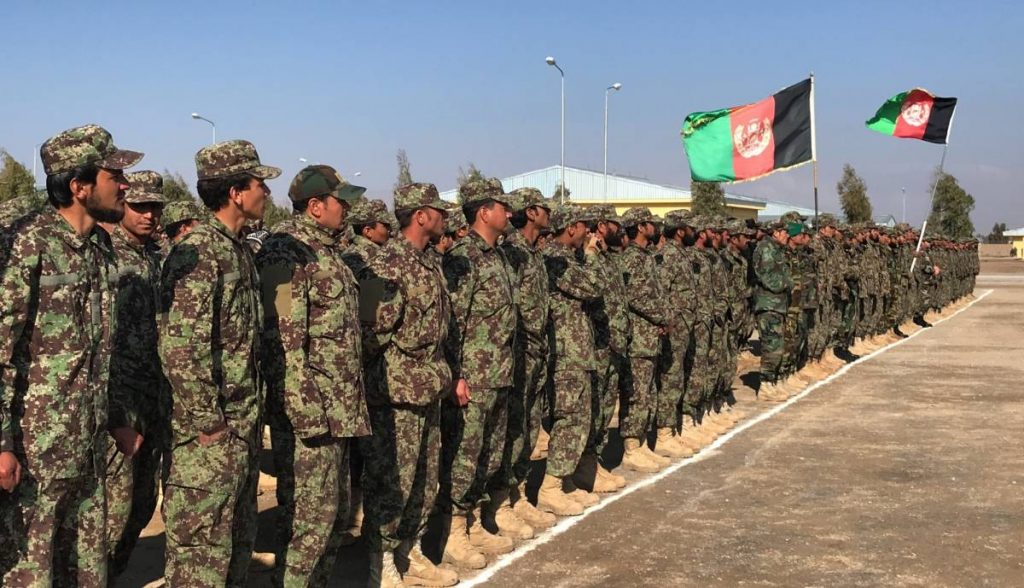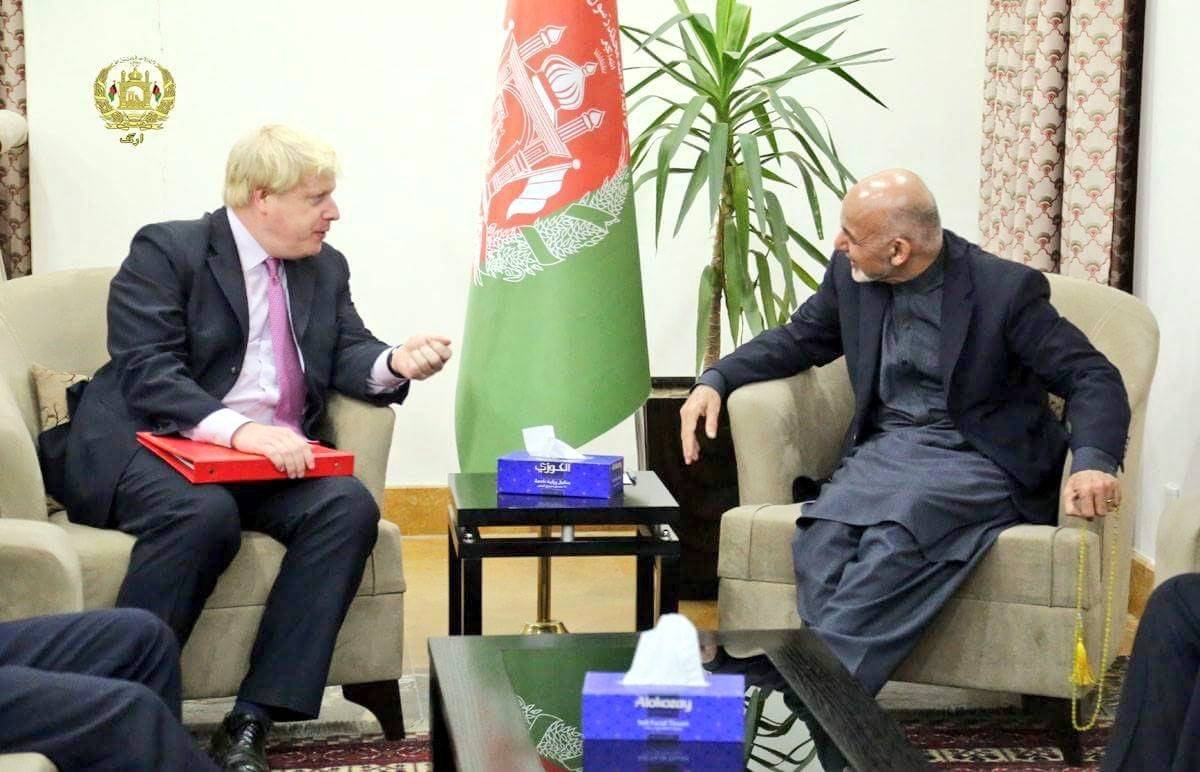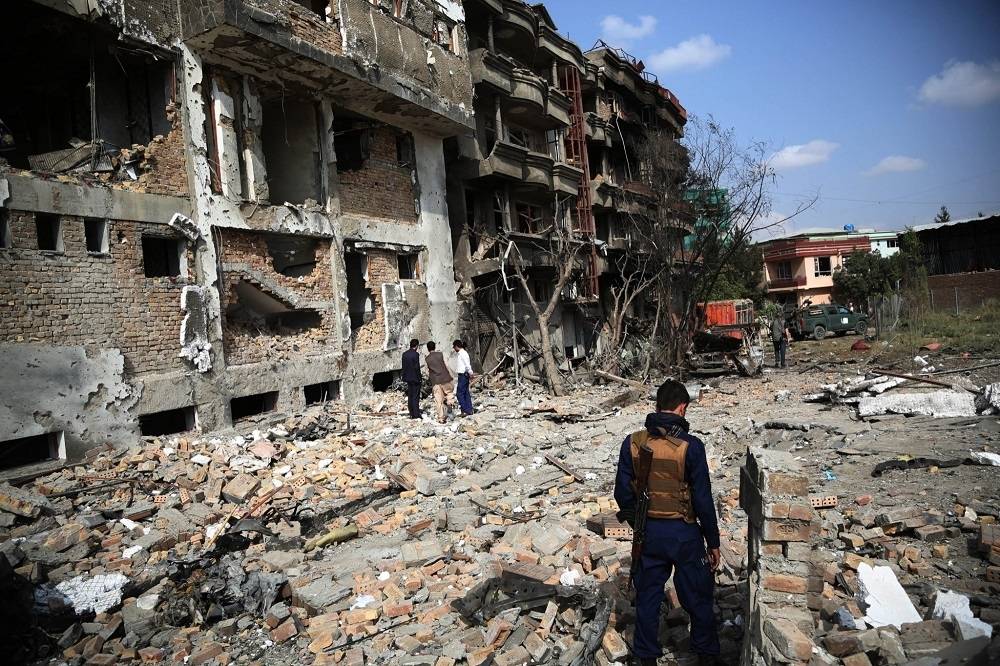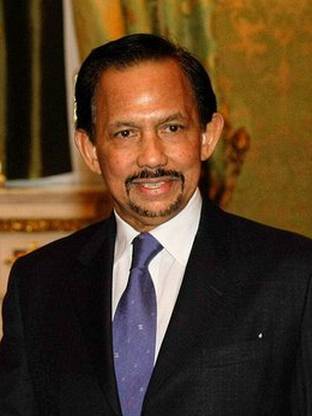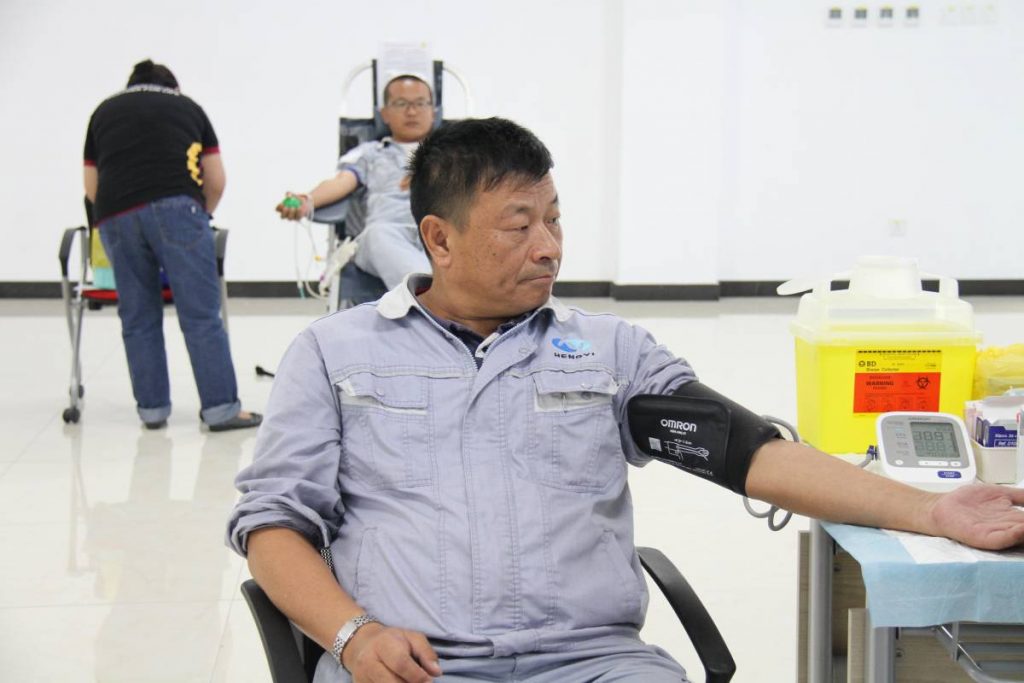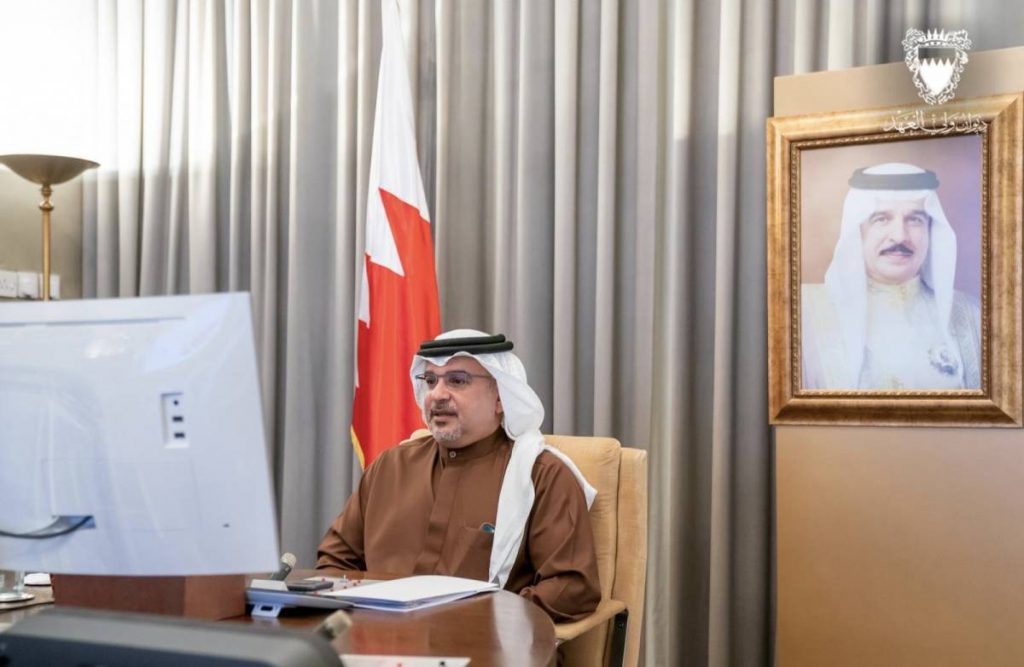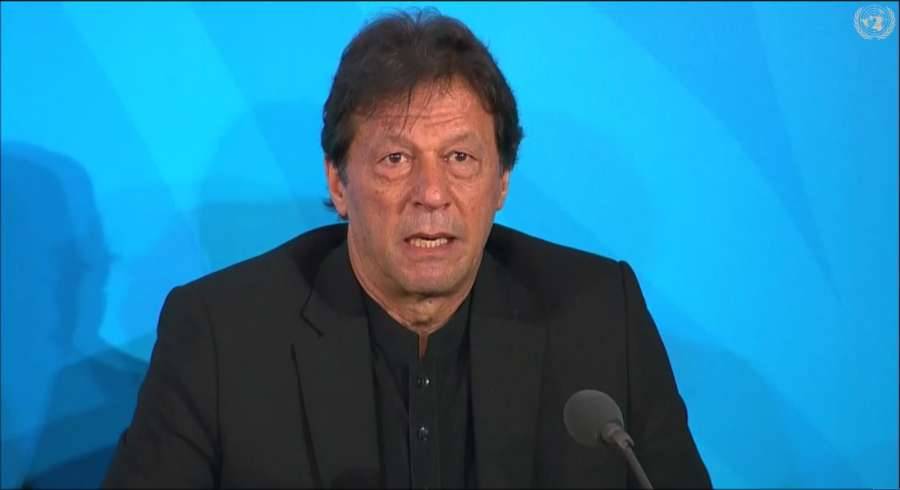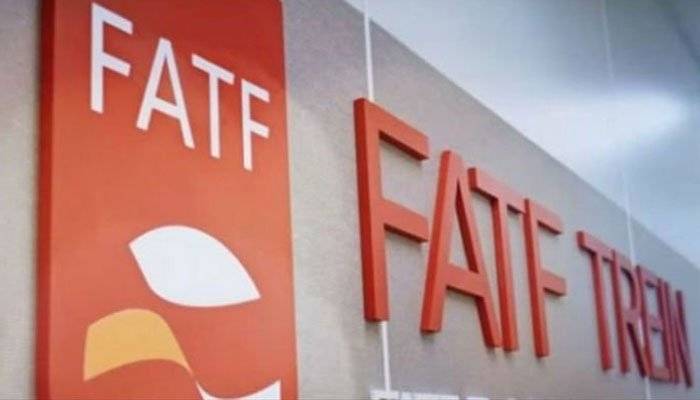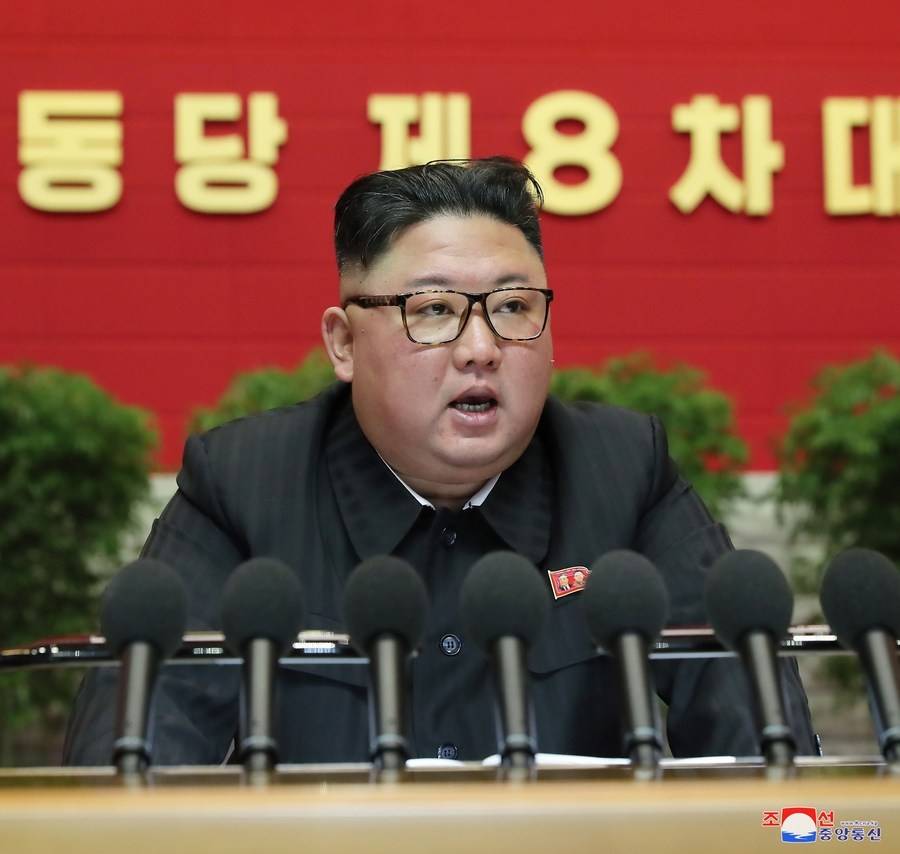Hasina said the government is setting up various universities in the country with the aim of providing the necessary tools to succeed in the modern workplace….reports Asian Lite News
Bangladesh Prime Minister Sheikh Hasina has called for greater emphasis on science and technology, and technical education to ensure employment opportunities for the people in keeping with the requirements of the modern age.
Hasina said this while speaking at the inaugural event for the distribution of stipends, tuition fees, admission assistance and financial grants among poor and meritorious students under the Prime Minister’s Education Assistance Trust via video conference on Sunday, bdnews24 reported.
She said the government is setting up various universities in the country with the aim of providing the necessary tools to succeed in the modern workplace.
“We have established the Maritime University, the Civil Aviation and Aerospace University. In other words, we are looking at the subjects and the kind of education that is very important in different parts of Bangladesh and setting universities accordingly. We are doing this so that everyone can receive a proper education.”
Also read:Bangladesh thanks India for providing vaccines
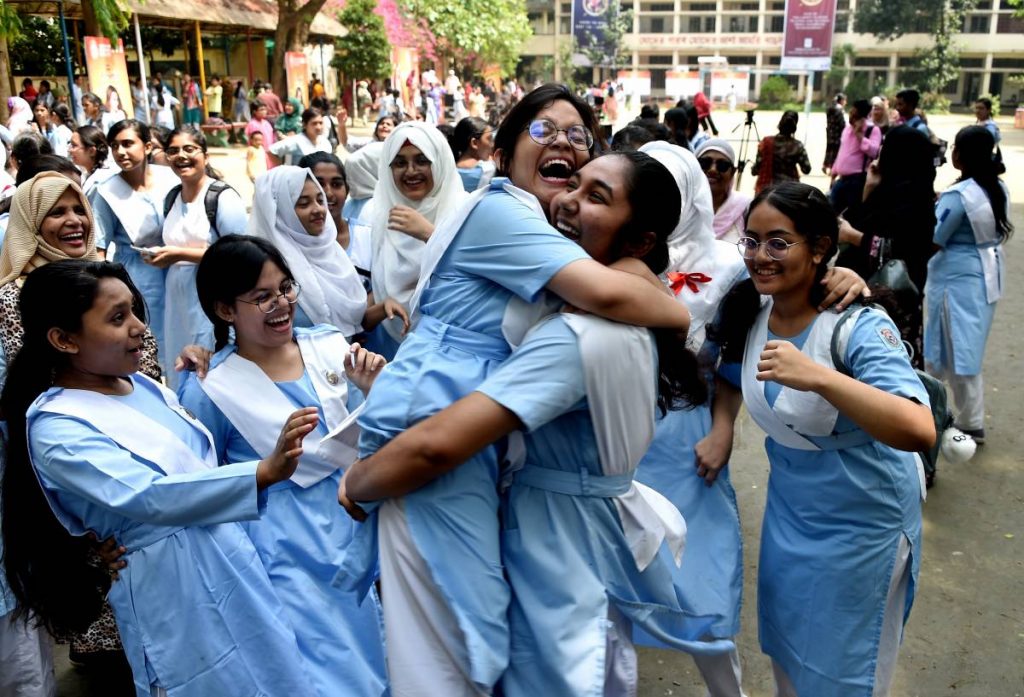
Education in science and technology alongside technical training is crucial as it improves job prospects, according to the Awami League chief.
“It’s relevant both at home and abroad. And it’s necessary in our country in light of the 100 economic zones that we are creating. There will be domestic and foreign investment. It will take a lot of people with technical expertise there. Therefore, we want to create a skilled workforce.”
“If we create skilled manpower, they will be able to make a huge contribution to our economic development. Therefore, we are taking various measures to that end.”
The Prime Minister also highlighted the steps taken by her father Bangabandhu Sheikh Mujibur Rahman to modernise and develop the education system of the country while outlining the various initiatives taken in this regard by her Awami League government.
Also read:B’desh set to launch mass vax drive

